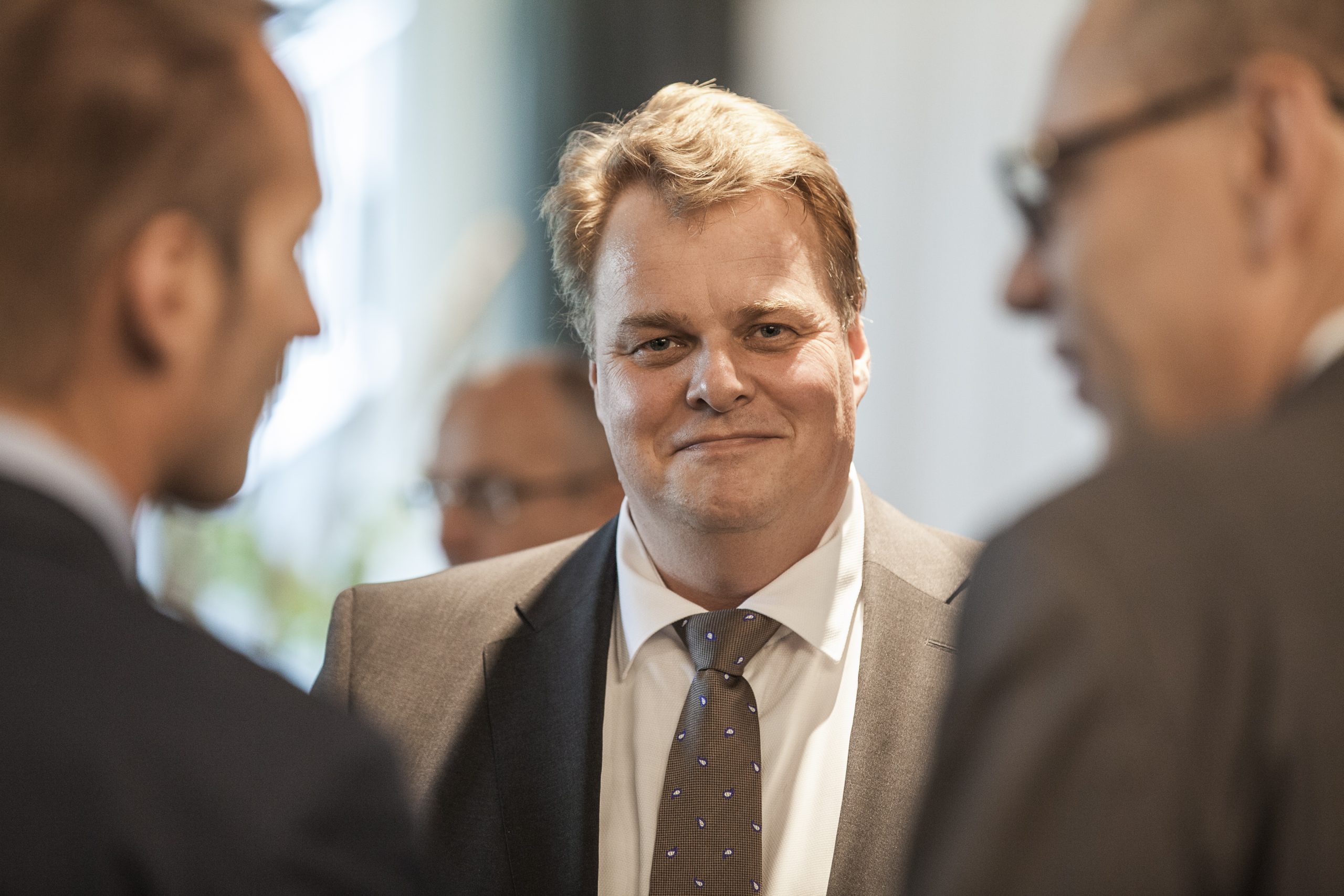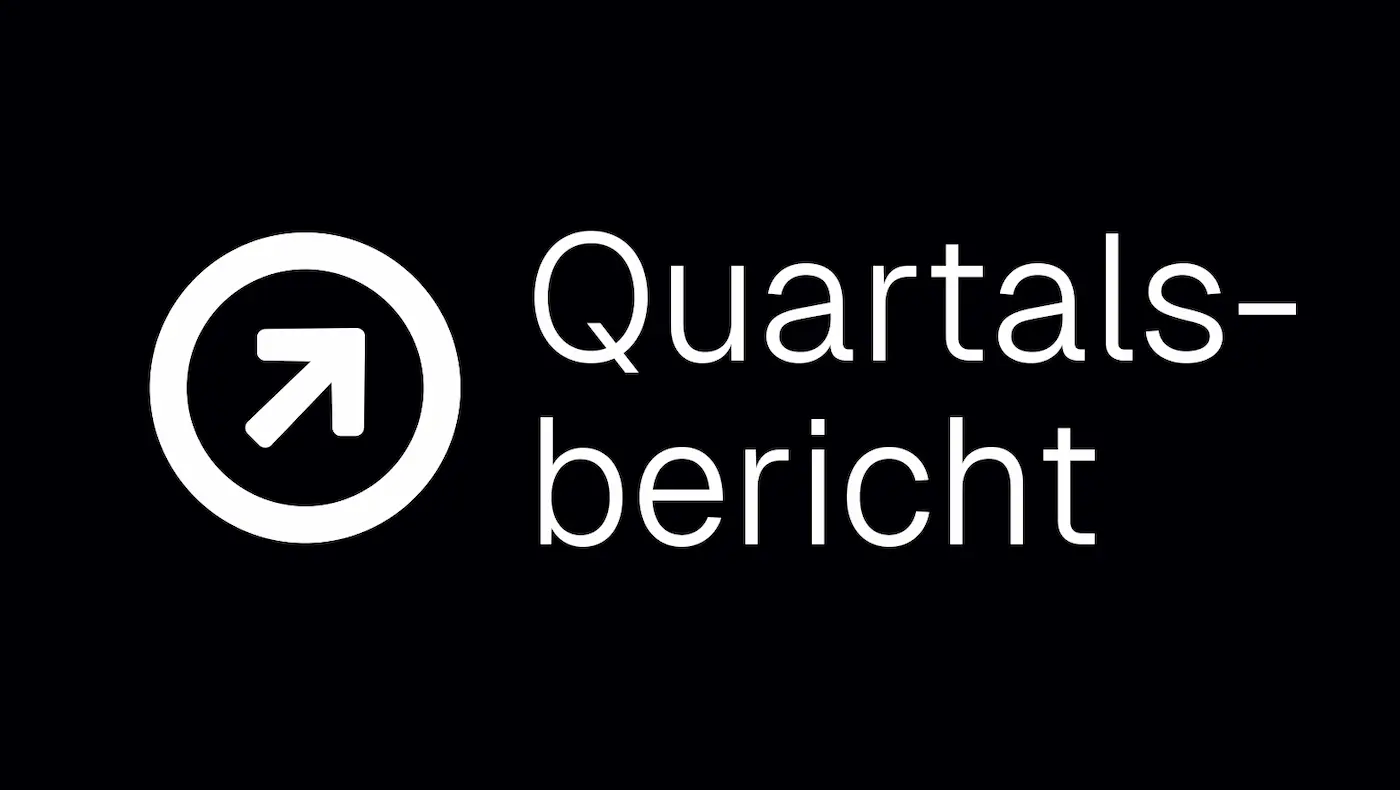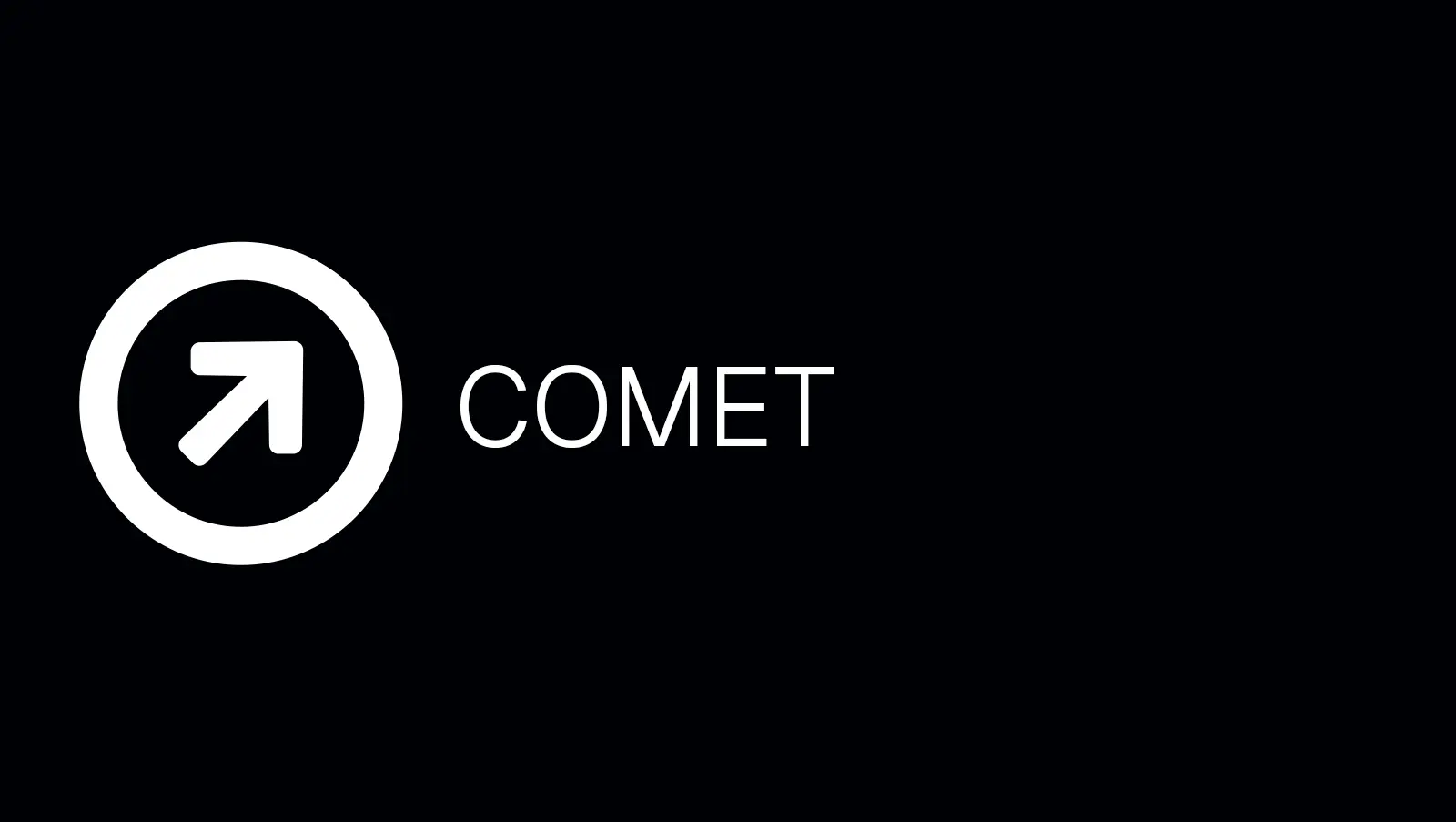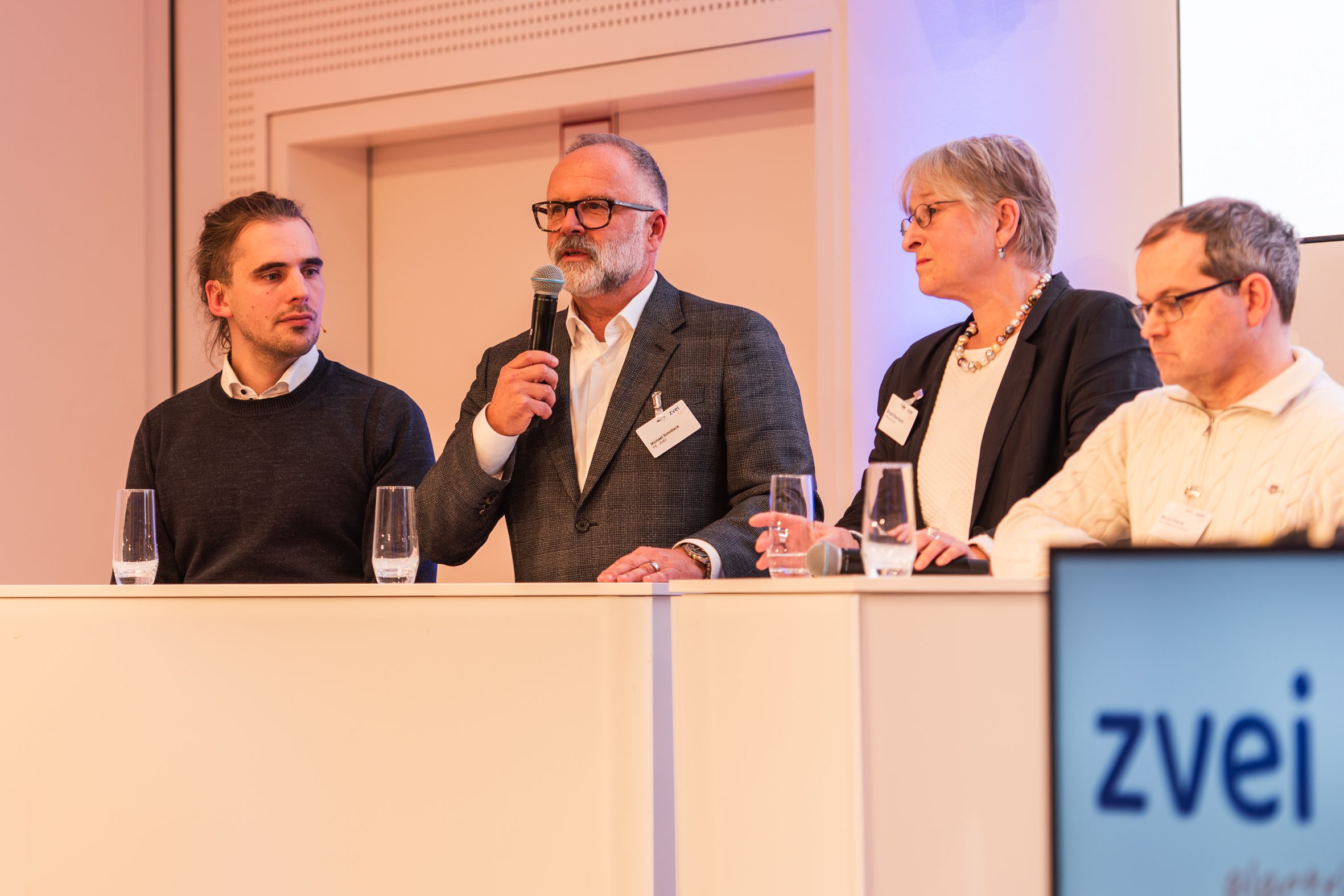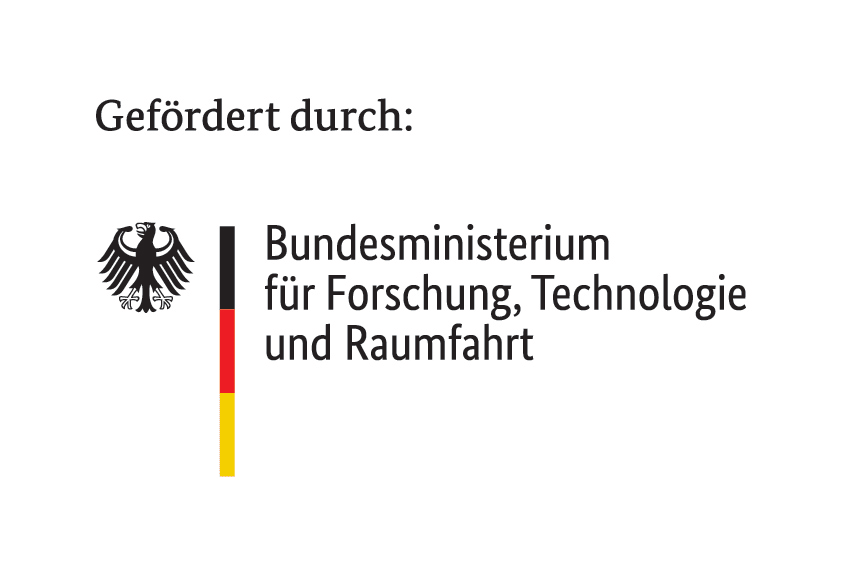Joint launch of all SmartLivingNEXT projects
21. March 2024
15 minutes
On 14 March, 2024, the SmartLivingNEXT community came together for the kick-off event at the Forum Digitale Technologien in Berlin. More than 80 experts from the building automation and digitalization sector, scientific fields and the housing industry were involved. With almost 60 consortium partner organizations, this is the launch of the largest research network in the field of smart living to date.
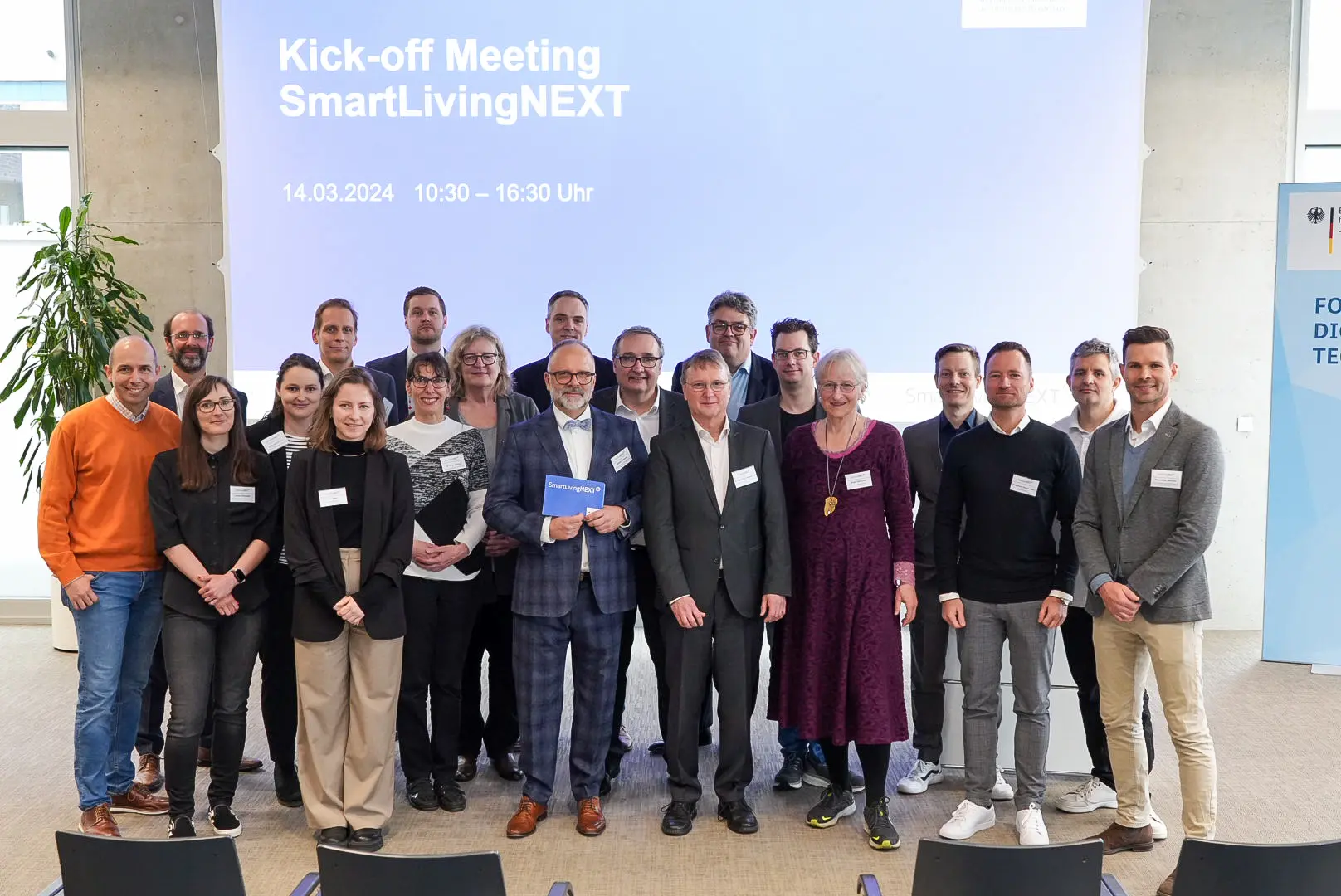
The all-day event was launched by Michael Schidlack, Research Association for Electrical Engineering at ZVEI e. V. and consortium leader of the SmartLivingNEXT pilot project. In his opening speech, he emphasized the possibilities and opportunities of the shared dataspace for residential buildings and welcomed the participants, including Dr. Klaus Glasmacher, the representative of the German Federal Ministry of Economics and Climate Protection (BMWK), which is providing funding for the technology program (a sum of 25 million euros). According to Glasmacher, SmartLivingNEXT will create a digital ecosystem that will enable the secure availability and use of data for residential buildings, regardless of manufacturer, and will accelerate the development of sustainable smart living services. He hopes that the SmartLivingNEXT model will find acceptance in Germany and Europe after the end of the funding phase.
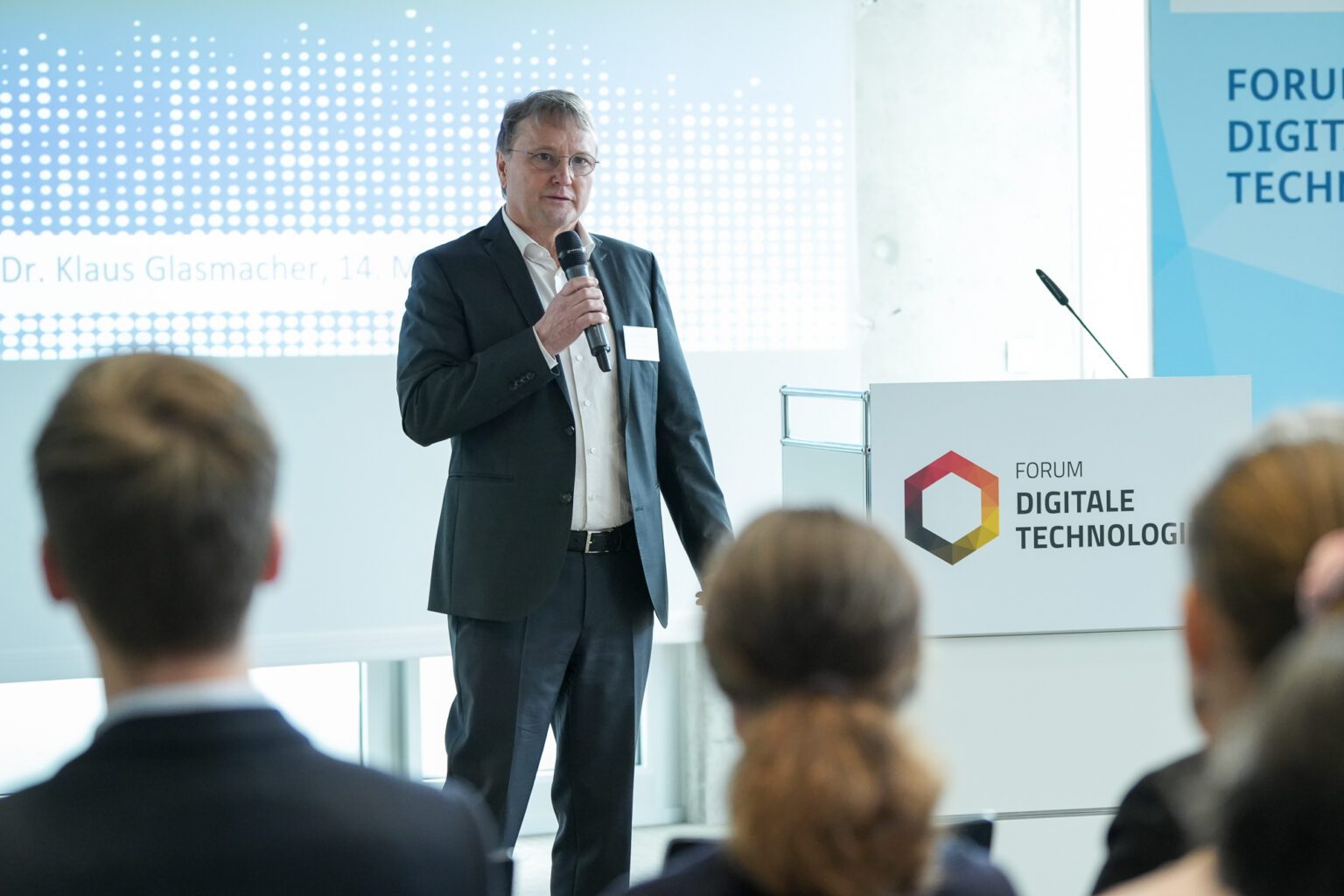
SmartLivingNEXT flagship project provides all projects with useful infrastructure
Michael Schidlack then presented how this vision will be organized and implemented in reality. The SmartLivingNEXT Dataspace provides all market participants with simple and standardized access to smart living data. This data can remain in its original systems and is under the control of those who are authorized to access or use the data. The flagship project supports onboarding in the dataspace. The SmartLivingNEXT Toolbox provides technologically necessary additions such as standardized semantics (SENSE WoT), AI-based basic services and required connectors. The role of the so-called “satellite projects” has also been specified: “The satellite partners develop executable digital services in the ecosystem,” says Michael Schidlack. “They ensure the necessary technical and economic scaling of the ecosystem. Our aim is to exceed a critical mass of applications at the end of the funding phase, at which point the ecosystem can reach a self-sustaining scale.”
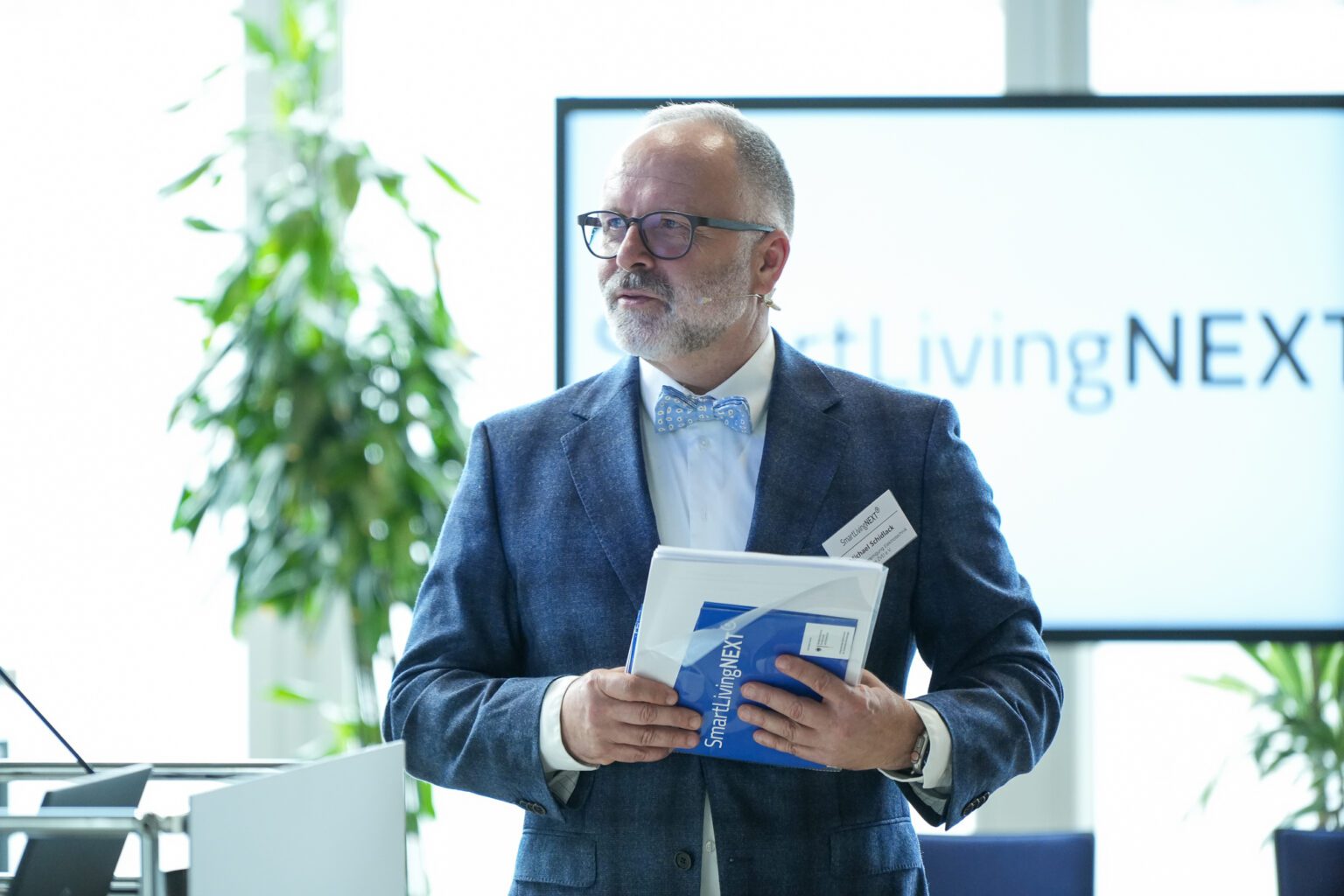
Project office: Central point of contact for all projects on all issues
The lead project also offers valuable organizational support through the introduction of a project office. Dr. Birgit Fröhler, Research Association for Electrical Engineering at ZVEI e. V. and SmartLivingNEXT project office manager, explained the advantages. The project office is the universal front-end contact for the entire SmartLivingNEXT community, including associated partners and external interested parties without status.
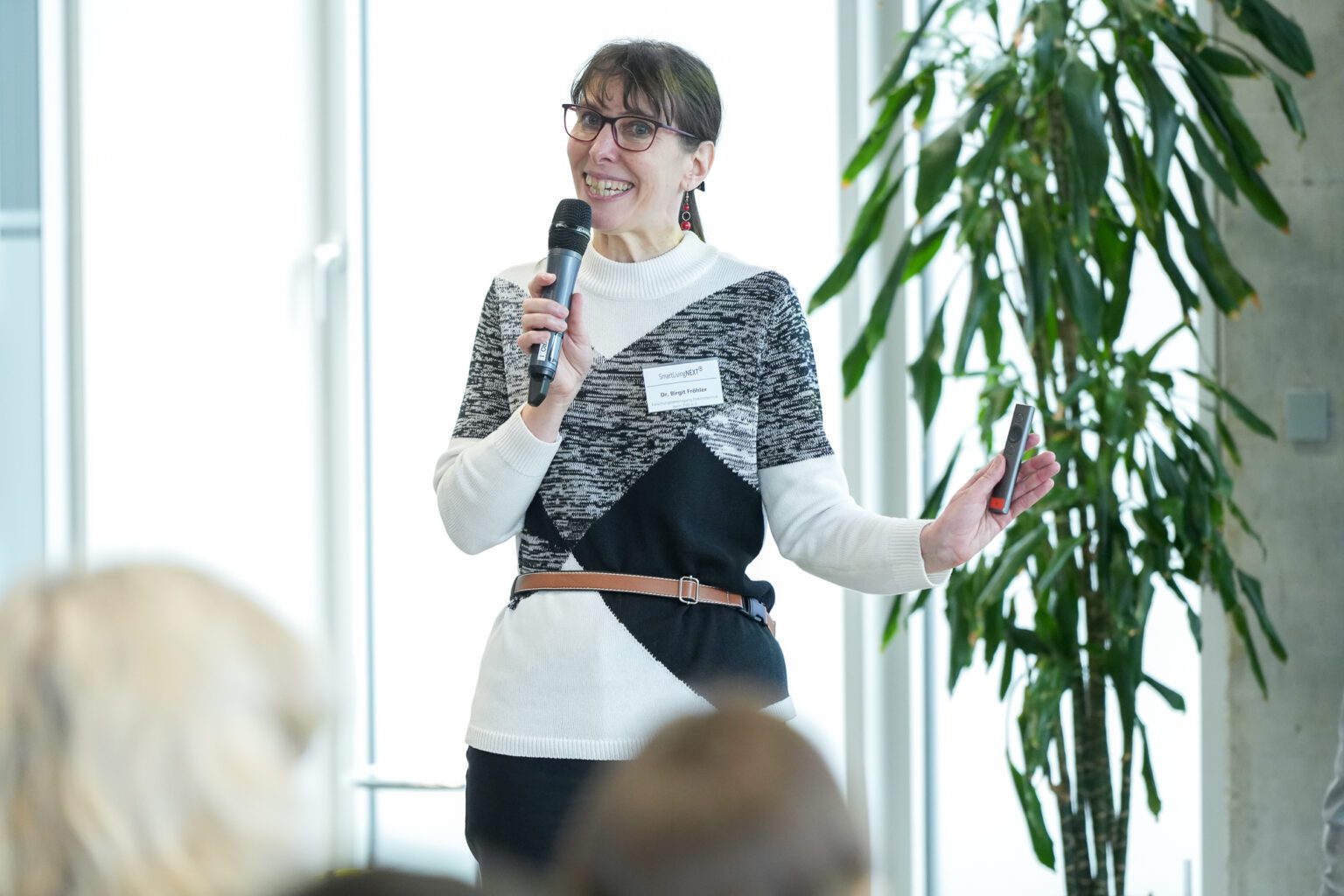
In-depth insights into the SmartLivingNEXT Dataspace and the Toolbox
Everyone eagerly awaited the presentation held by Thomas Feld, Materna and sub-project manager for the development of the SmartLivingNEXT Dataspace and Toolbox. He showed how the SmartLivingNEXT data ecosystem is created from a variety of different dataspaces, e.g. fed by data from the buildings and neighbourhoods of the housing industry and integrated into the project, specific dataspaces with energy data, manufacturer clouds and system worlds, and which components are available in the SmartLivingNEXT Dataspace. Designed as an open data platform, it contains standardized, semantic data models that are accessible to all participants via interfaces. “SmartLivingNEXT projects can merge and share available data sources from different sources across projects via the Sense WoT standard in accordance with GDPR and the EU Data Act,” says Feld. At this stage, the dataspace can be made available as a minimal viable product (MVP) solution, marking the first successful milestone in the flagship project.
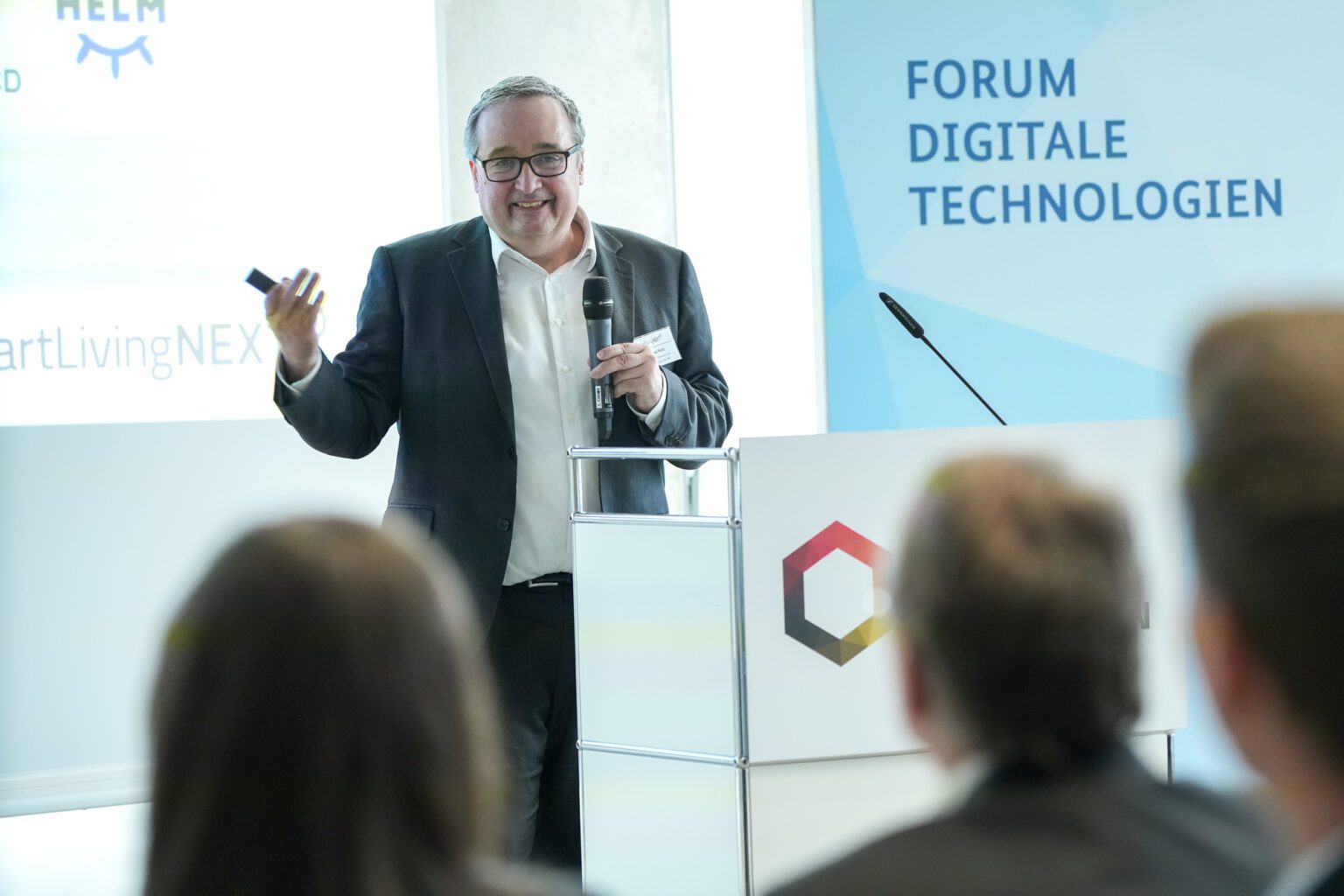
Smart living ecosystem in a user context
Following the technical presentation, Birgid Eberhardt talked about the different roles of GSW Sigmaringen as a representative of the housing industry and its tenants. “People who make themselves available for collaboration and testing in research projects are not just data providers, but co-researchers who generate knowledge and use the results to initiate social change processes,” Eberhardt stated. In the SmartLivingNEXT flagship project, she and her team are available as partners for applications relating to digital accessibility, ethical aspects and discrimination.
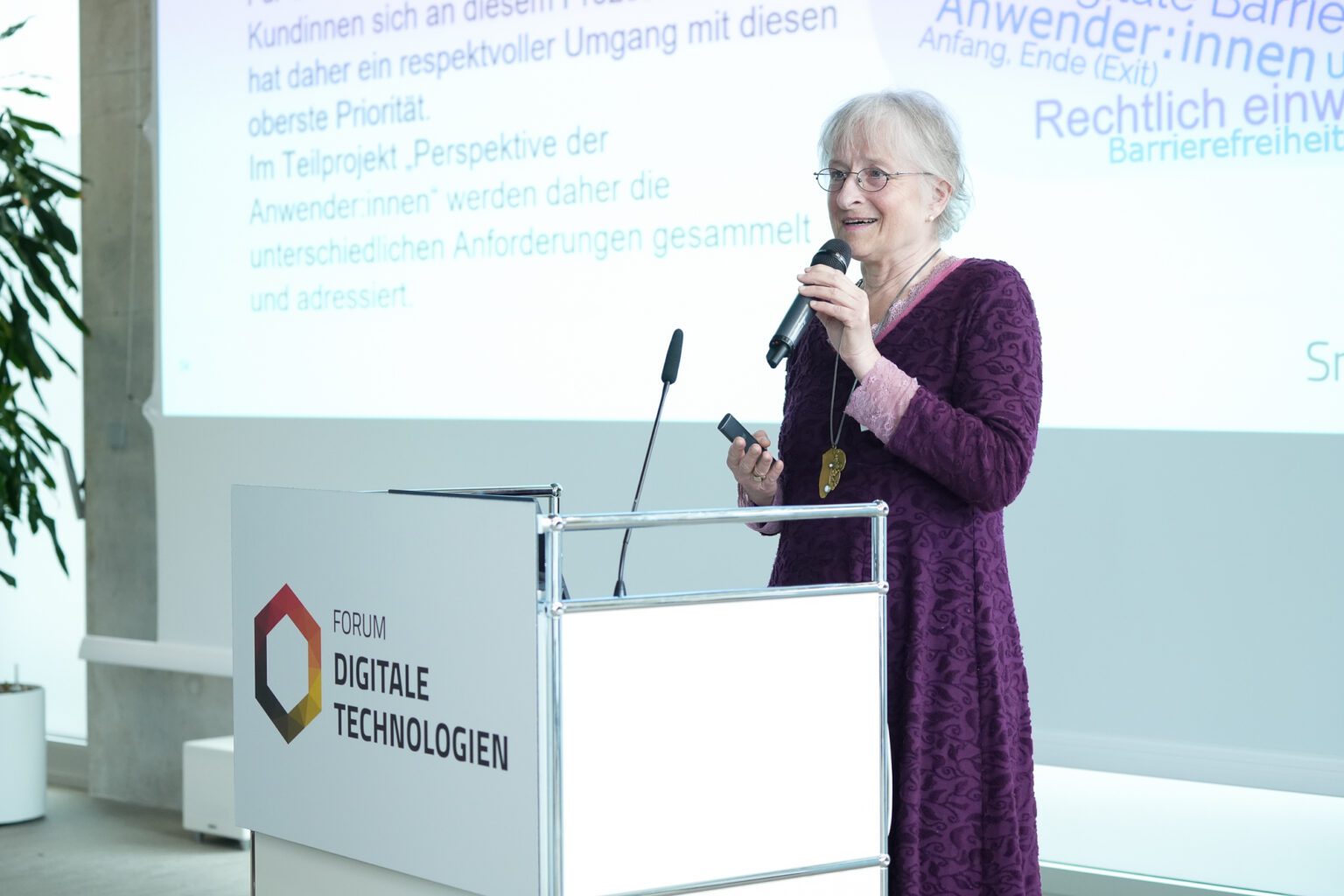
Strategic elements of the governance structure
In SmartLivingNEXT, Munich’s Ludwig Maximilian University investigates the design of business models for digital ecosystems and develops a framework for their management by the end of the project. Prof. Dr. Thomas Hess presented the approach, which ranges from the processing of relevant research strands on data spaces and ecosystems to expert interviews and the integration of legal expertise for legal aspects. The eight-strong team of scientists is concerned with questions such as how decision-making power and co-determination rights can be distributed, which legal form best supports the desired goals and how the SmartLivingNEXT ecosystem can be effectively operated and financed in the long term at the end of its term and thus when funding comes to an end.
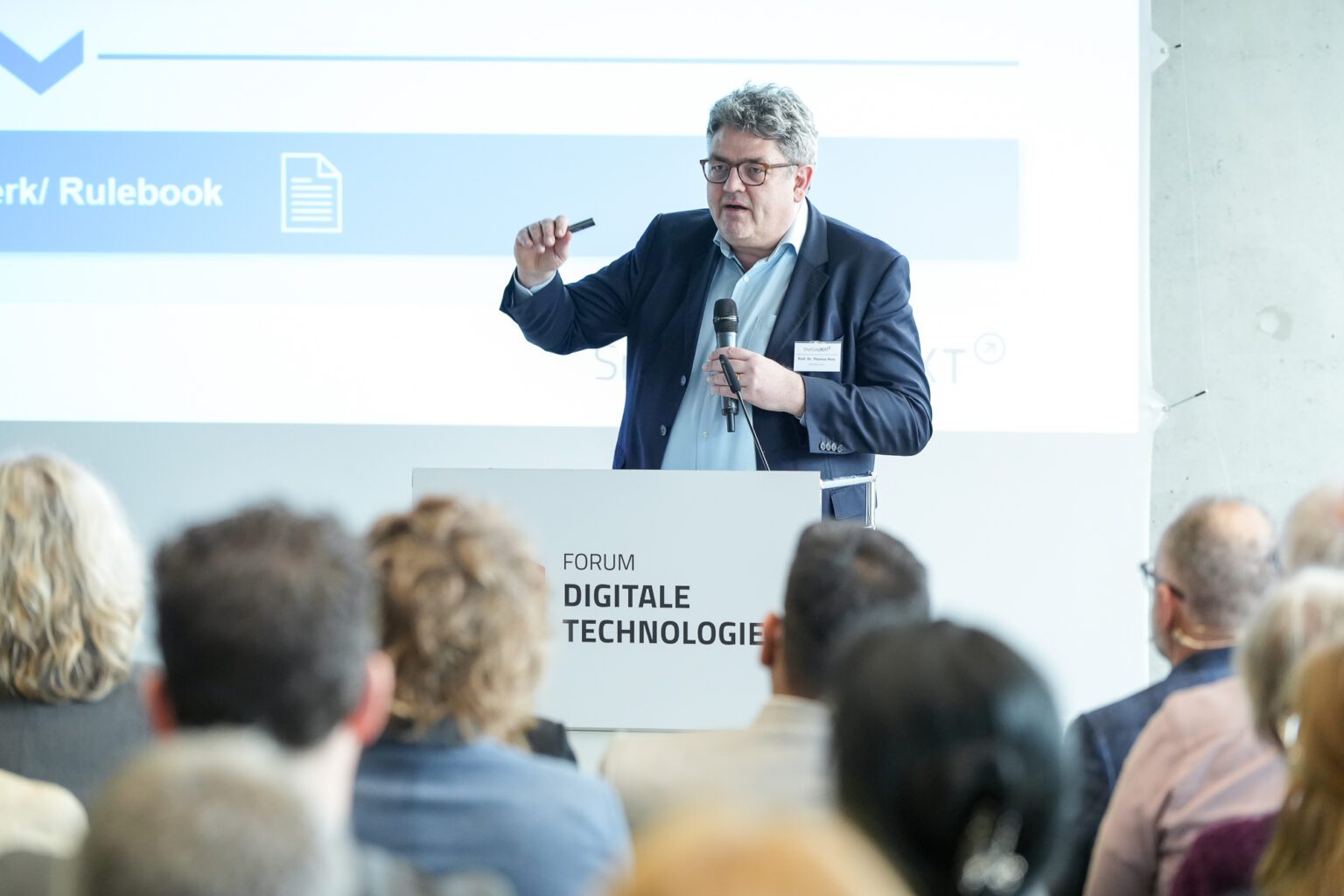
Accompanying research provides support on a broad front
The second part of the event began with a presentation of accompanying research and its tasks. Jonas Herzer from VDI/VDE IT emphasized the importance of accompanying research in supporting publicly funded projects for the successful and efficient implementation of the intended project goals. Together with the consortium partners of all SmartLivingNEXT projects, the aim is to leverage synergy effects and prepare the results obtained for further desired target groups of the program in terms of sustainable utilization, Herzer said. The projects also receive similar support from the Technopolis Group, which is investigating the potential of digital technologies for the “green transformation” and the environmental impact of the increasing use of digital technologies, among other things, as Lea Rabe explained. The accompanying research was concluded by Ute Rosin, from the LHLK Group, who is responsible for the communication and public relations work of SmartLivingNEXT together with the Research Association for Electrical Engineering at ZVEI e. V.
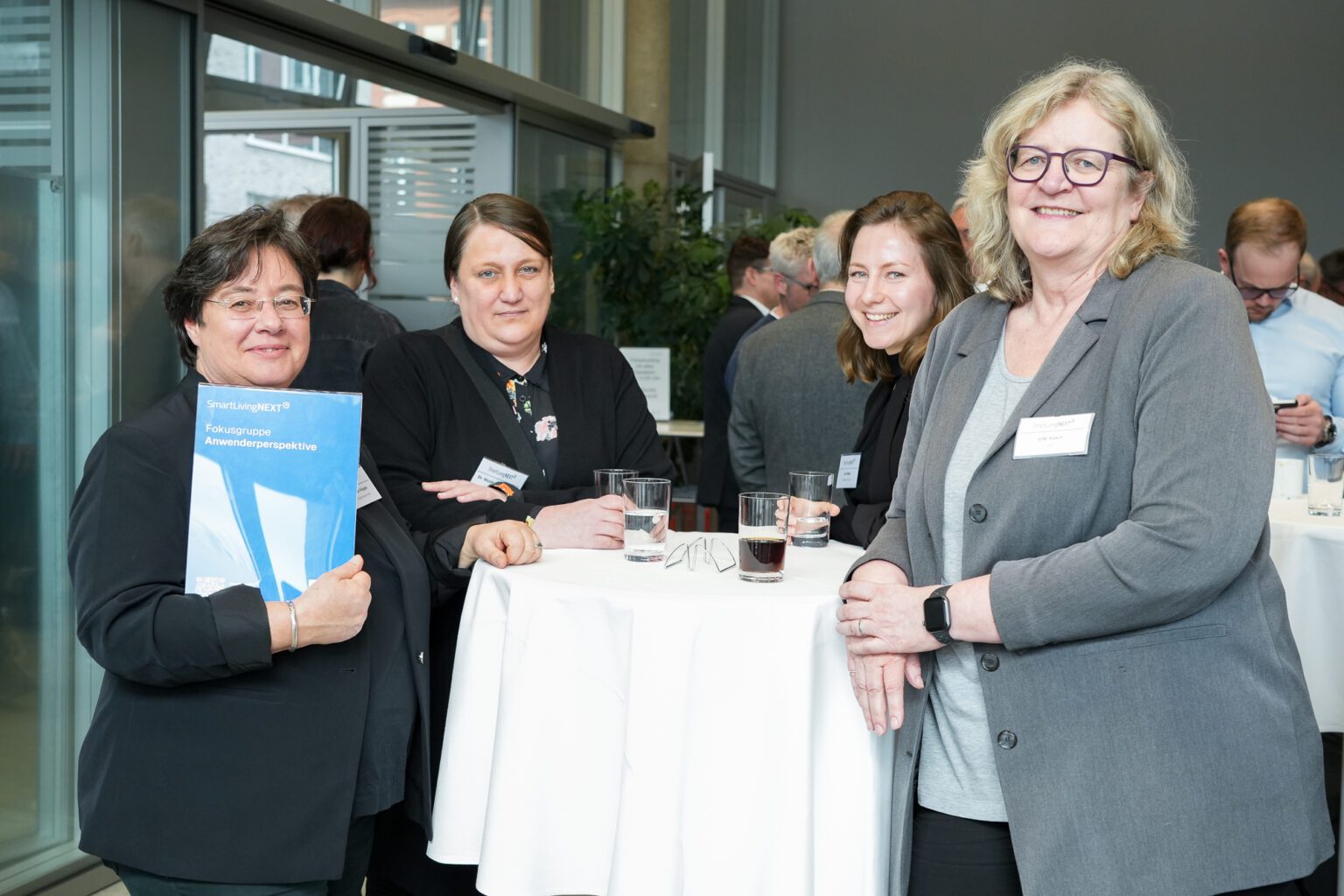
SmartLivingNEXT projects impress with use case presentation
Thereafter, eight specific use cases from all SmartLivingNEXT projects were presented. Filip Milojkovic, from Materna, and Alexander Löffler, from Stadtwerke Saarbrücken, presented the first of two use cases from the SmartLivingNEXT flagship project entitled “Energy – heating, hot water and electricity”. They showed how a national data access point creates added value from metering data for end users, landlords and the public sector. They also provided insights into how SmartLivingNEXT aims to digitize processes through generative AI and implement them via a mobile and web app. A specific application was then presented at the end of the presentation. The energy efficiency data portal EEDP, developed with the support of consortium partner Novus, makes it possible to derive heat forecasts about the physical and system-related properties of buildings at an early stage of the project.
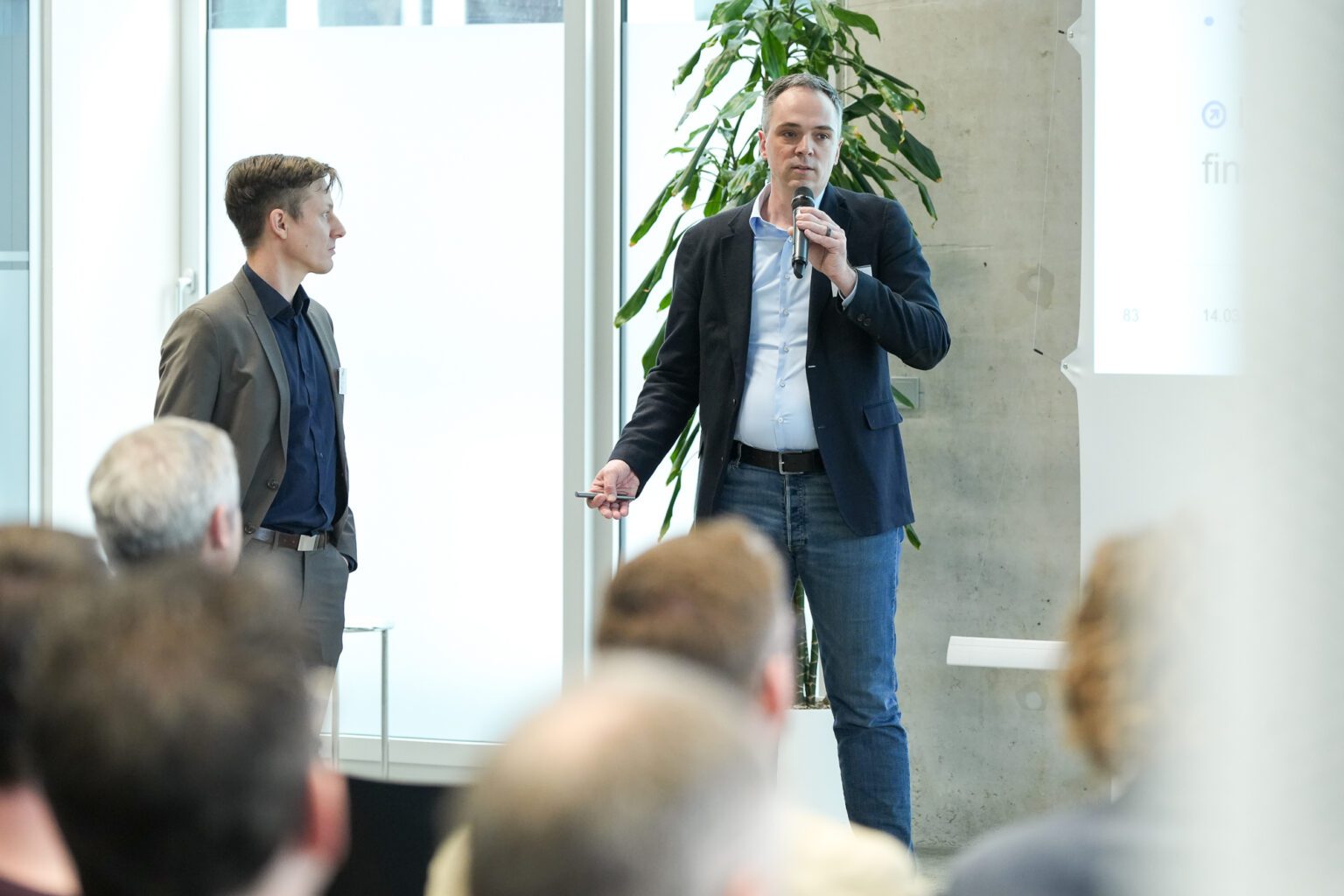
Use case: living space and healthcare location at home
Svenja Falkowski, from C&S Software, presented how assistance needs are derived from power consumption and pattern recognition. The so-called “still alive” service is made possible by the combination of intelligent sensors, labelled data and the SmartLivingNEXT Dataspace. The advantage? Homes can largely make do with existing installations and sensors, and it is not necessary for older people to operate new devices.
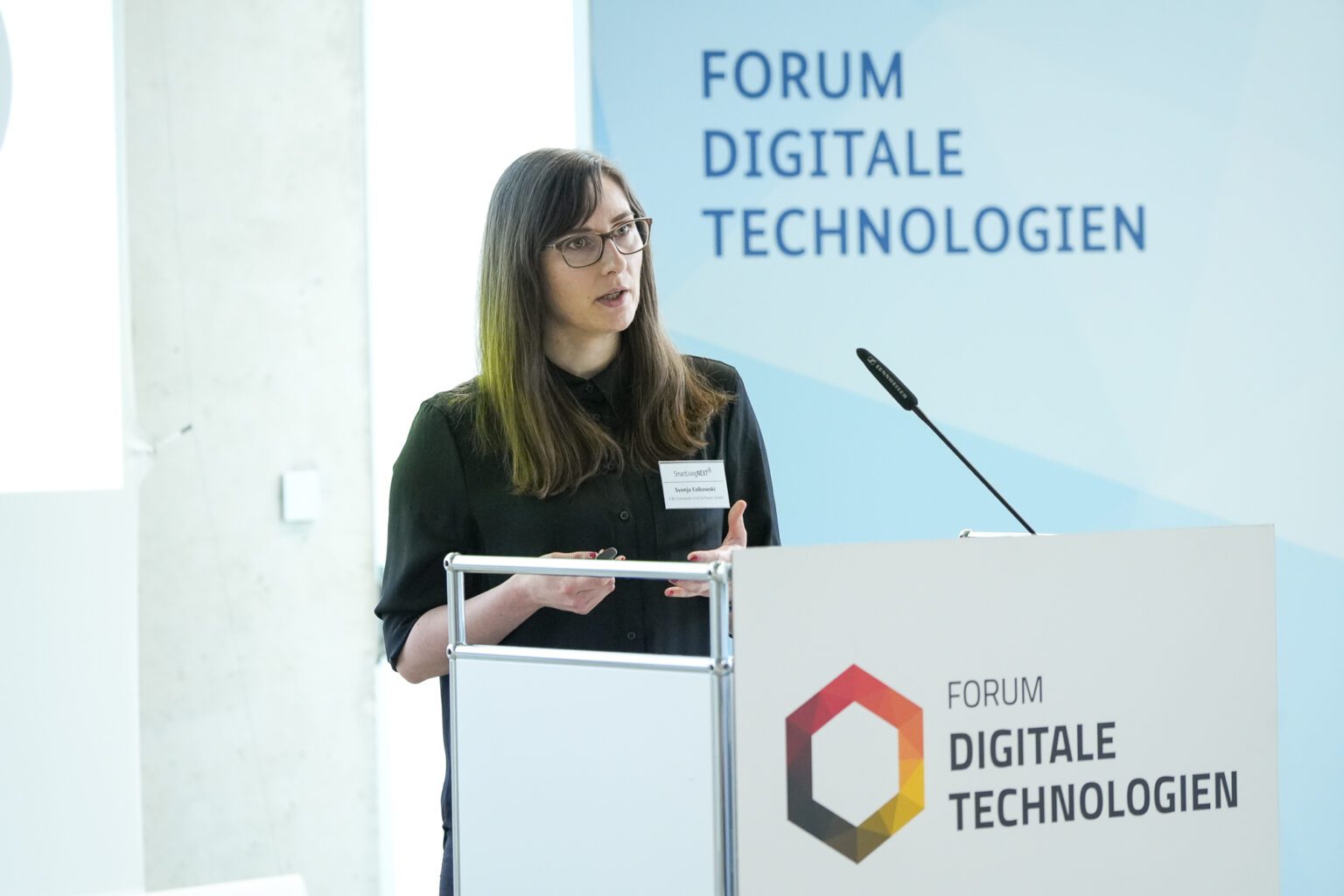
Intelligent planning: care and remodelling measures
In BIM-4-CARE, the knowledge gained from experience in the care sector and the different perspectives of relevant stakeholders in home remodelling are recorded and harmonized. The project aims to improve the planning of care requirements, conversion measures and the technical implementation and interoperability of system installations. “We are excited by the diversity and potential of SmartLivingNEXT that we have seen throughout the day today,” says Konstatin Krahtov, CEO of Open Experience GmbH and consortium leader of BIM-4-CARE. “These projects represent a wide-ranging commitment to cutting-edge technological research and innovation.”
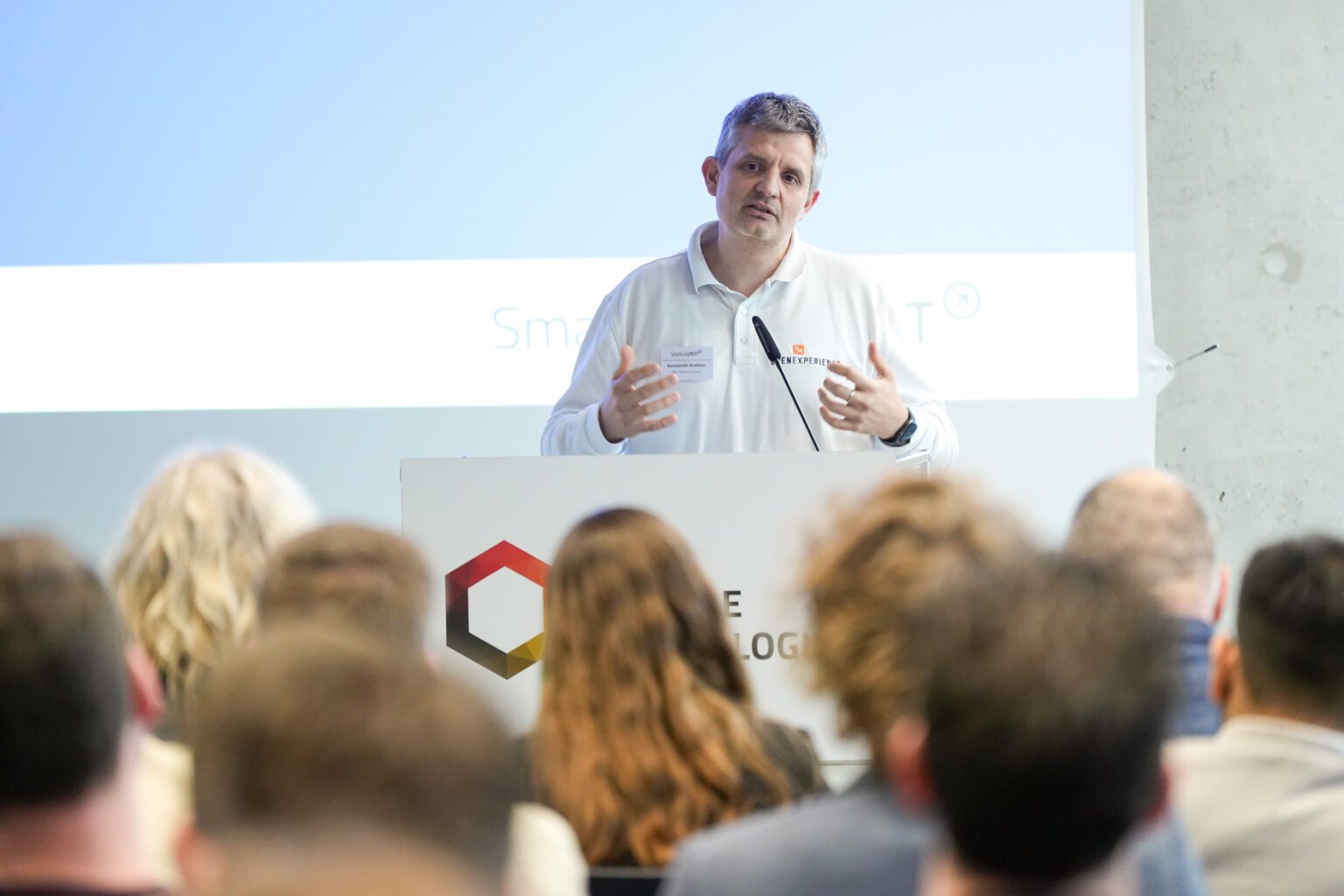
COMET: Self-determined data management
The COMET project, which is part of the lead project, collects (labeled) user data and develops a crowdsourcing app that enables the management of data access authorizations and data provision. This also makes it possible to retrieve individually tailored information and statistics (e.g. relating to energy consumption). “In the project, we are developing and implementing consumer empowerment mechanisms that allow consumers to decide for themselves which data they want to provide and how it should be used,” says Dr. K. Valerie Carl from the Goethe University Frankfurt am Main and consortium leader at COMET. “In future, consumers should be given the opportunity to participate in the SmartLivingNEXT ecosystem as data owners and thus be able to provide their data voluntarily.”
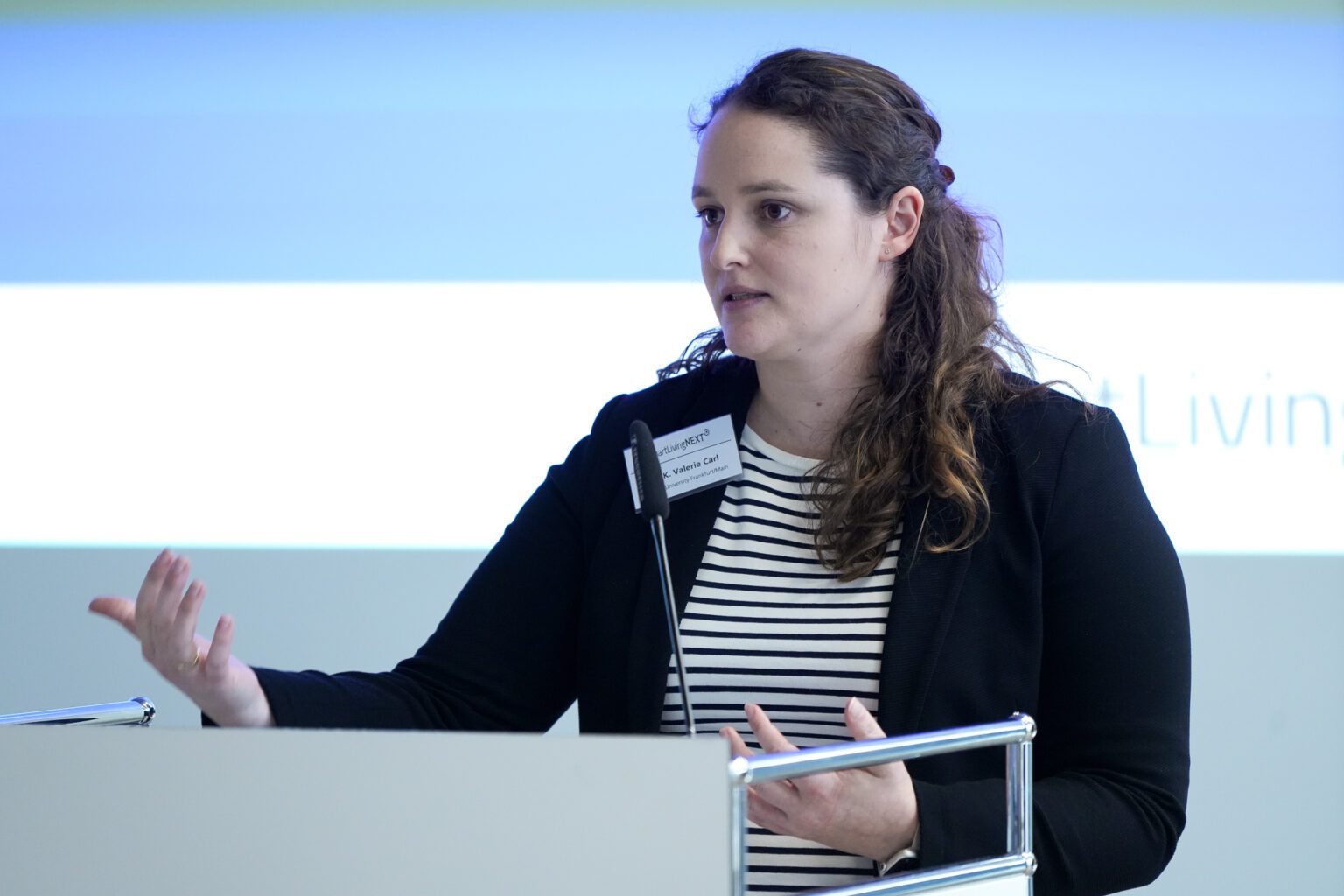
Support for care staff: Assistance Dataspace
The DuITeasy research project focuses on the development of an assistance dataspace (ADS), as well as applications and basic services based on it. This ADS contains all the data, interfaces and systems required for individual assistance services. The everyday assistance use case uses the ADS to implement internal and external services and integrates a wide variety of system environments for this purpose. As part of the activity recognition use case, the corresponding basic service is enriched with iMSys data and NILM procedures.
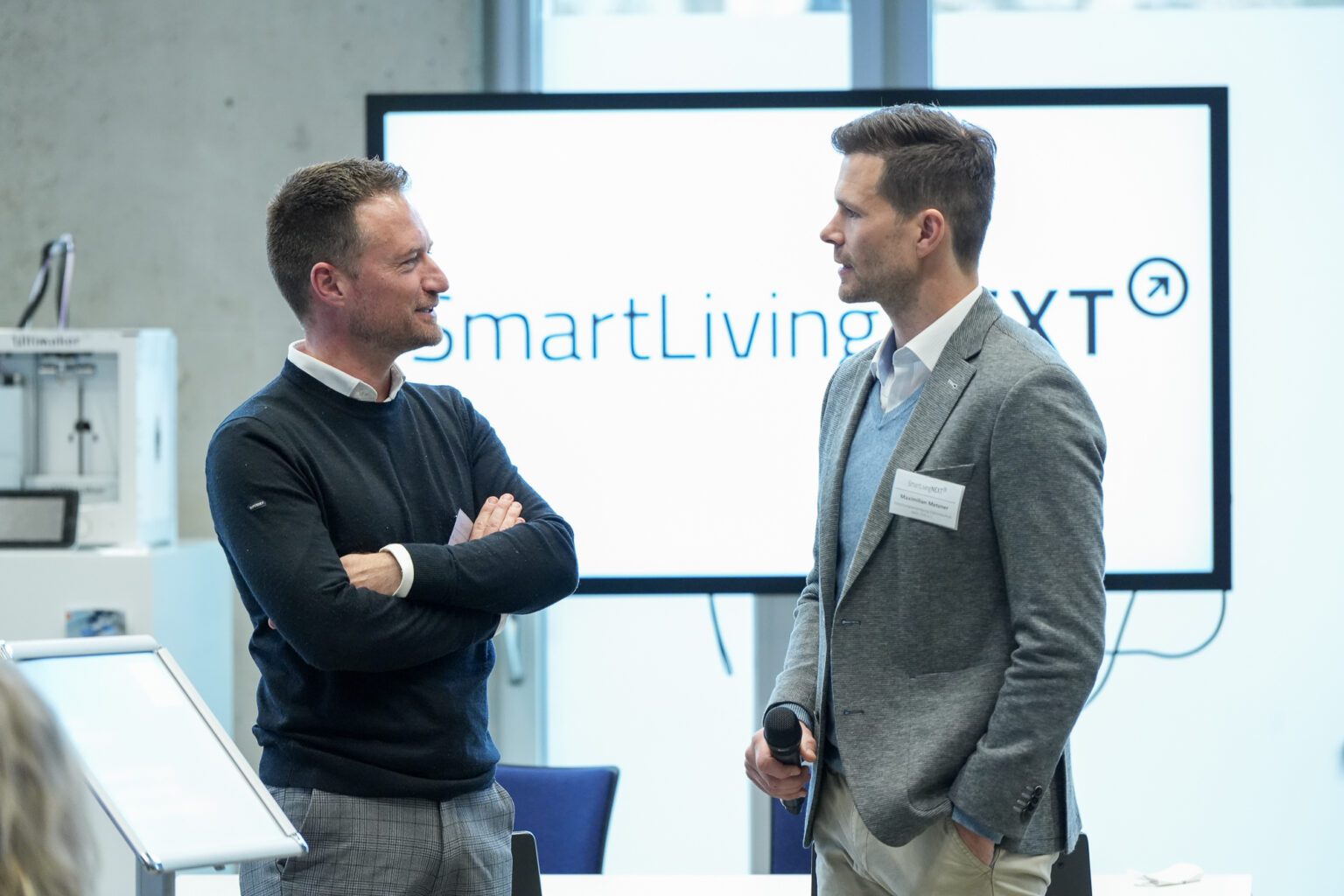
Solution to the shortage of skilled nursing staff
ExpliCareNEXT focuses on simplifying care processes and aims to ease staff shortages through technical assistance equipment in the living environment and artificial assistance by enabling unskilled workers to carry out high-quality care activities using natural language instructions. This is intended to counteract the growing shortage of skilled workers in Germany. “For us, the SmartLivingNEXT kick-off event marks the start of an important project, in which we have the opportunity to help solve a major social challenge and, in combination with other pioneering projects, play a decisive role in shaping the care of the future,” says Enrico Löhrke, Managing Director of inHaus GmbH and consortium leader at ExpliCareNEXT.
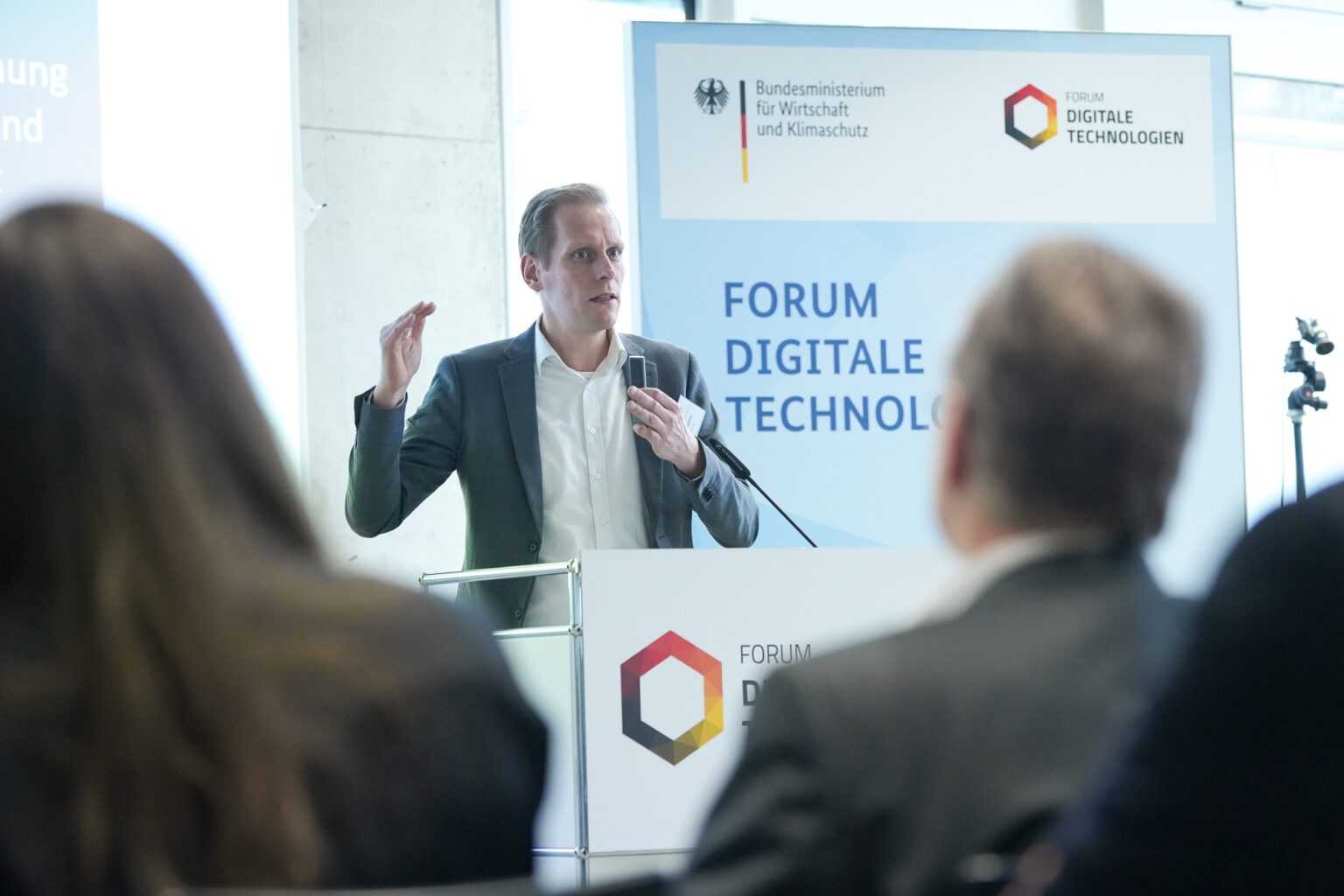
Smart energy management to support climate neutrality targets
FAME4ME analyzes the possibilities of using AI-supported algorithms for sustainable energy management in smart living and building environments. In particular, we are investigating how different user groups react to individualized dynamic electricity tariffs. “In the project, we will define customer groups and use cases for which a user-friendly platform will be designed in order to later communicate price signals and recommendations for action,” explains Christoph Kost from the Institute for Solar Energy Systems ISE of the Fraunhofer-Gesellschaft and consortium leader of FAME4ME. The project supports the overarching climate neutrality goals, the efficient use of resources and applications of innovative digitalization technologies.
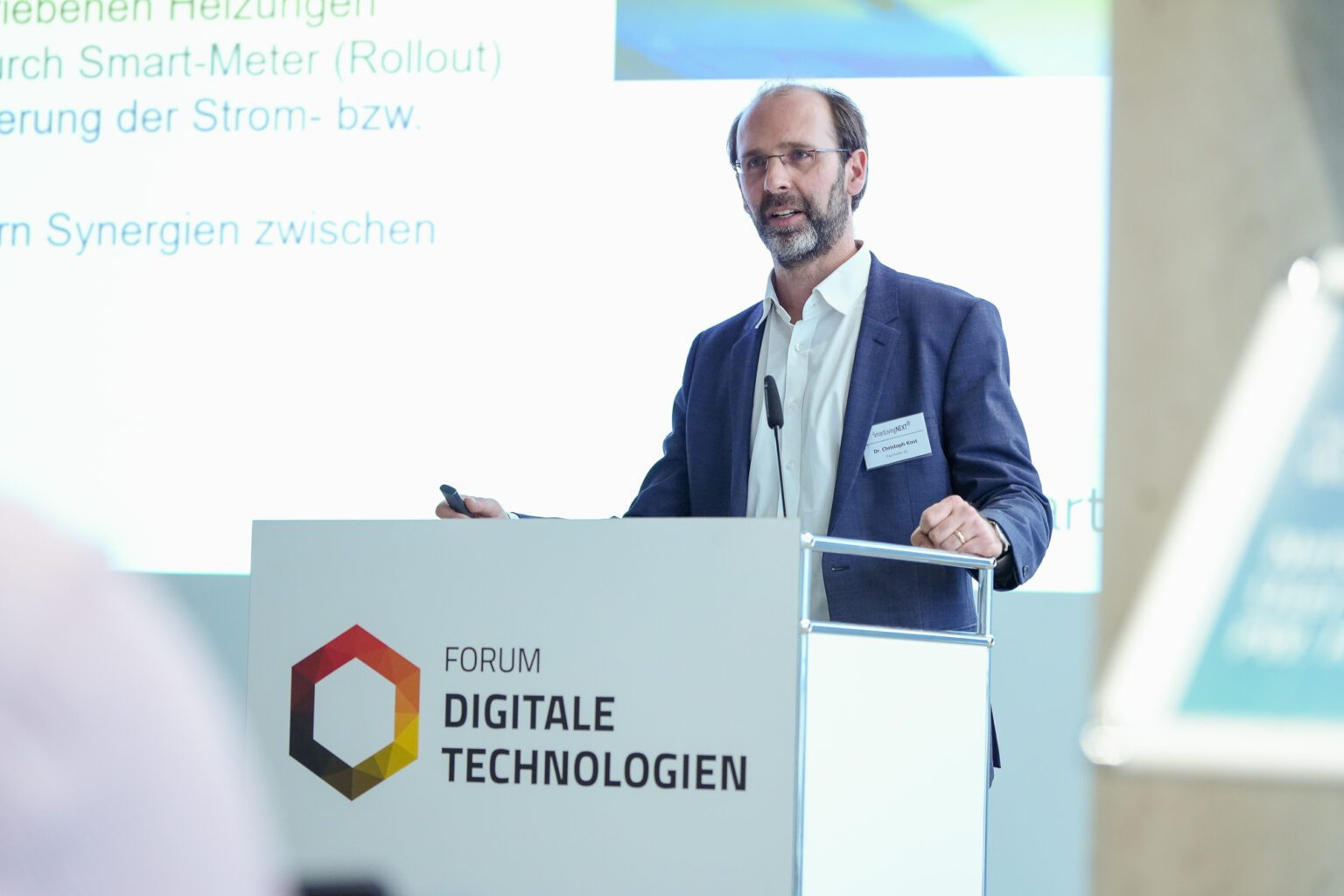
Health-oriented living for older people
As part of the GAiST project, more than 30 apartments will be equipped with sensors over a period of 24 months to collect and analyze health-related information. This will be connected to the SmartLivingNEXT platform and a hospital information system (HIS). In this way, patients, carers and doctors can be supported in their activities to make life in their own four walls more liveable. “The combination of artificial intelligence, advanced sensor technology and smart home components is intended to promote health-oriented living that meets the needs of older people and helps them to better cope with everyday challenges,” promises Nizar Müller from the Hospital zum Heiligen Geist and consortium leader at GAiST. By using open source and medical and industrial standards, the project aims to reduce costs and personnel requirements in the healthcare sector.
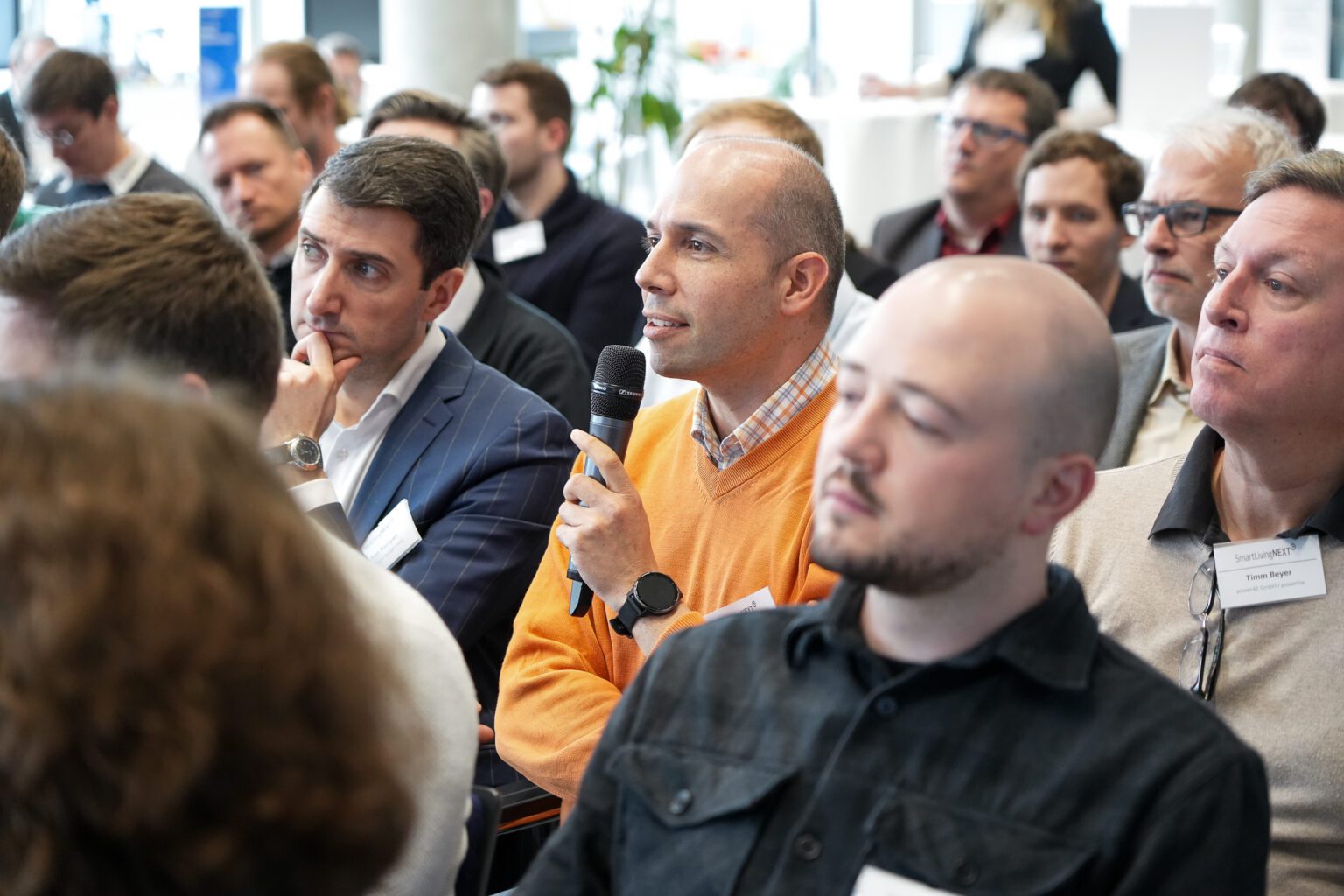
The SmartLivingNEXT kick-off event marks an important milestone in researching a shared dataspace and sustainable, intelligent services for residential buildings together with the stakeholders of the SmartLivingNEXT community. With almost 60 consortium organizations, the largest research network for smart living services to date is being created. Everyone present agreed that this innovative project will have unexpected, positive effects on the future of living, especially when it comes to energy efficiency and intelligent assistance.
Editorial office:
Maximilian
Metzner
Category:
SmartLivingNEXT
Copyright information
MAREN STREHLAU Photography
